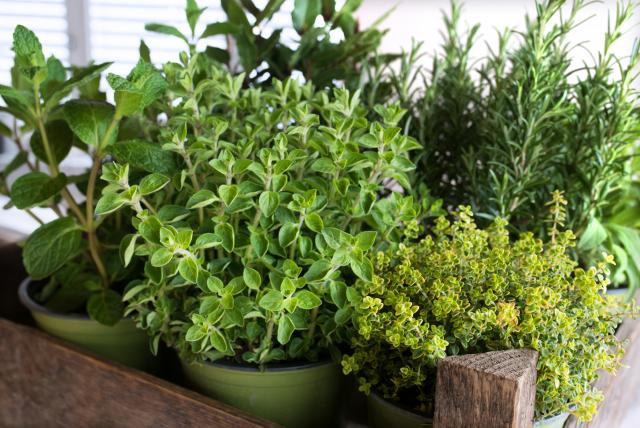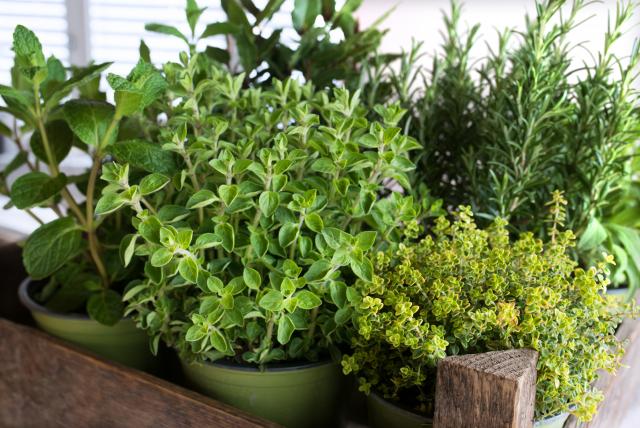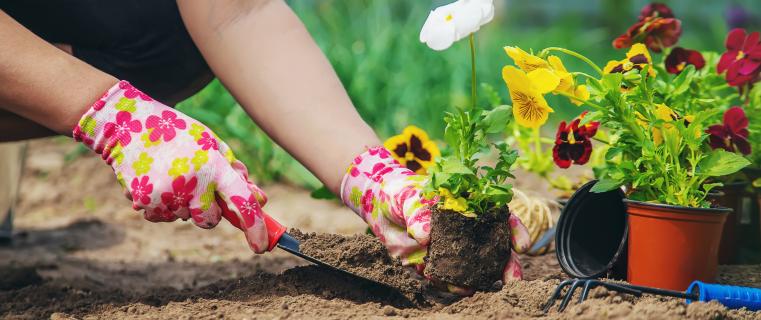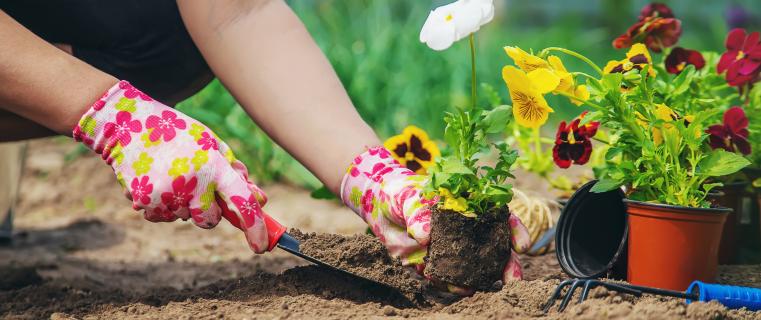As we wave goodbye to summer and begin welcoming autumn again, it’s a good time to start introducing autumn additions to the garden, Elle Cecil writes.
Autumn varieties
Flowers
Autumn is a good time to establish some potted colour in your garden. Pansy, viola, polyanthus, primula, stock, cineraria, snapdragon, cornflower, marigold and alyssum are all great options for autumn flowers. Bulbs also do well being planted in autumn, with daffodils, freesias and jonquils, while tulips usually flourish when planted in late autumn. Other flowers that do well in the cooler seasons are nasturtium, chrysanthemum, nemesia, sweet pea, aster, hibiscus, dahlias, geraniums, and echinacea.
Fruits
Citrus fruits such as lemon, lime and oranges do well in autumn, but like to enjoy their own space. Make sure they have plenty of room for foliage and roots to grow. Stonefruit varieties also enjoy the autumn season. Strawberries can be planted beginning around mid autumn, and also enjoy their space, so ensure you leave at least 30cm between plants.
Herbs
There are many options in terms of herbs to grow over autumn. From chives, coriander, parsley and mustard greens to mint, rosemary and sage, by showing a labour of love to your herbs in early autumn, you will quickly reap the benefits in time to harvest some delicious fresh herbs throughout the season.
Vegetables
Brassicas and other leafy vegetables such as silverbeet, spinach, cauliflower, kale, bok choy and lettuce do well in autumn’s cooler climate. Rooty vegetables such as beetroot, carrot, radish and potato also enjoy the change in temperature during autumn, while other veggies such as broad beans, spring onions, fennel, peas, shallots and celery should be considered for addition to your autumn varieties.
SUBHEAD: Preparation is key
One of the most crucial steps in maintaining a healthy garden is to ensure the garden bed is set up with good soil: mulch, compost and fertilisers provide much-needed nutrients to growing plants.
Ensure that all weeds and other debris are removed, and ensure a good quality soil is used to provide the right vitamins, minerals and other nutrients for your plants. Your local nursery or hardware shop is likely to have a few different options of organic garden soil.
Fertilisers and plant foods are often specialised to certain plants, so it would be useful to know what kind of varieties you are planting. Alternatively, cow or chicken manure is an effective general fertiliser, but must be mixed in well with soil to avoid burning plants. Depending on the varieties you have in your garden, you should be wary of pests such as caterpillars, rats and aphids.
As the weather begins to cool down, be sure that your plants still receive plenty of water and sun. Adding in some pea straw, sugar cane mulch or hay around the base of your garden will ensure that a lot of warmth and moisture is retained too. Following these basic steps should put your garden in good stead for the season ahead. Happy planting!











